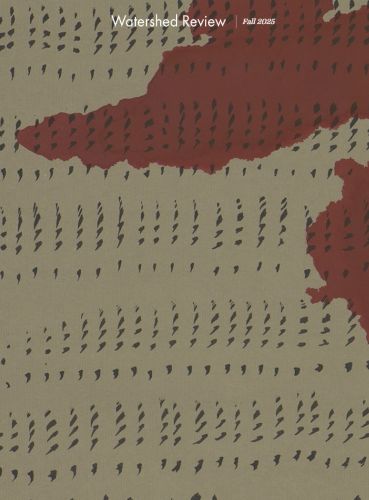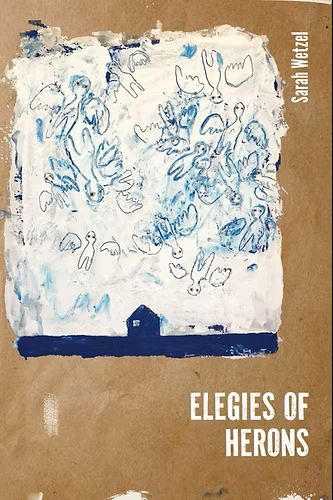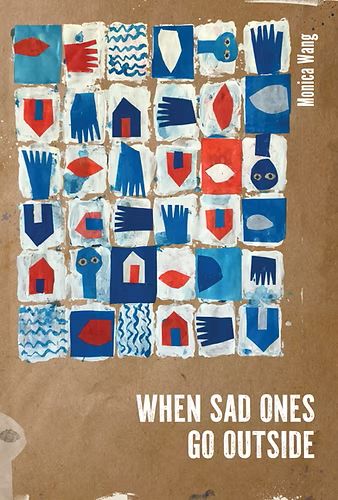Volume 2 Issue 1
Winter 2012
Biannual 
Kirsten McIlvenna
Valparaiso Fiction Review, a sister publication of the Valparaiso Poetry Review, is from the Department of English at Valparaiso University in Indiana. What first struck me about the magazine was the format. Each piece of the issue appears in a separate PDF that needs to be downloaded to read. This seemed odd and discouraging, but I’m glad I took the time to work with the format. These longer pieces of fiction found within the issue were well worth it.
Valparaiso Fiction Review, a sister publication of the Valparaiso Poetry Review, is from the Department of English at Valparaiso University in Indiana. What first struck me about the magazine was the format. Each piece of the issue appears in a separate PDF that needs to be downloaded to read. This seemed odd and discouraging, but I’m glad I took the time to work with the format. These longer pieces of fiction found within the issue were well worth it.
In “Selections” by Bryan Shawn Wang, Maia decides to get a special gift for her son for his birthday: a frog experiment kit. But as she takes over the science experiment and begins to raise two abnormal frogs (that grow past the expected size and adapt to protect themselves), she loses interest in raising her son. In the rising climax, her love for her son and her love for McClintock, the frog, are tested.
Joel Hans’s “Panthera” starts out with Myla’s memory of her mother, teaching her to shoot a gun:
Now, hold the gun out in front of you, like this, with your finger along the side of the trigger, not up against it. That’s called discipline. Forget your discipline, and you’ll kill your sister. Spray her brains out all over the place. Now, you reach out with your thumb. That’s the safety. You only turn that down when you’re ready to fire your weapon, and you’re only ready to fire your weapon when you’re sure you want to kill.
Myla and her twin Ambyr were raised with their mother and their stepfather, who collected zoo animals and kept them in the backyard. Years later, the twins remember the tragic event that occurred when their stepfather got drunk and released all of the animals. The story is original, and the humanness of the characters is real. Sewn together by blood, love, and shared experiences, the twins understand each other, and help each other, in a way that others can’t understand.
In Nathan Gower’s “Love, Unmistakably,” the two main characters don’t seem to have that connection, or at least at first. Henry and Karen, in their early 50s, decide to move to a new house after their daughter goes off to college. The thing is, the new house is just down the street, and from the bonus room window, Henry can spy on everything the new owners of his old house are doing. In the meantime, Karen tries to unpack and organize all of the belongings they have accumulated over the years, making an artistic pile of all of Henry’s stuff: “This art, this pile, she thought, must live on. Its beauty was a complex phenomenon, not at all aesthetically pleasing, but real, raw life. And wasn’t that the essence of art?” And amongst these questions of art, comes the question of love, or rather of figuring out love. “Does anyone ever really learn?” Their daughter’s visit throws about these questions as she brings home a new boyfriend, one whom she is in love with and who asks Henry if he can marry her. Karen questions the love she has with Henry, how it is now not young and fresh, but ultimately decides that it is different, but “unmistakably” love.
Also in this issue are stories from Jessica Roeder (“My Wife Alone”), Alan McMonagle (“Walking Among Ruins in Babylon”), and Tony Van Witsen (“The Camera Has Its Reasons”).
[scholar.valpo.edu/vfr]




